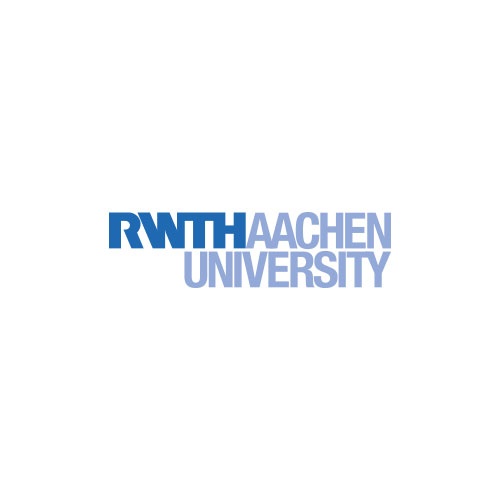RWTH’s joint project receives 1.3 million euros
The project between RWTH and the Max Planck Institute for Chemical Energy Conversion receives 1.3 million euros in funding from the federal state of North Rhine Westphalia.
RWTH Aachen University and the Max Planck Institute for Chemical Energy Conversion (MPI CEC) are set to launch the “Sustainable Chemistry Spin-Off Opportunities” collaborative platform, KOALA for short. The platform is one of nine projects funded by the Ministry of Culture and Science (MKW) of the German federal state of North Rhine-Westphalia as part of the “2022 Collaborative Platforms” program.
KOALA, led by Professor Walter Leitner (MPI CEC) and Professor Regina Palkovits (RWTH), will receive €1.3 million in funding over the next four years. It aims to minimize barriers in the pre-startup phase in the field of sustainable chemistry through interdisciplinary networking. Thus, it will make an important contribution to the successful establishment of start-up companies and the translation of innovations into practice.
There are still enormous hurdles to further developing innovative ideas and technologies after the proof-of-concept and moving them from the laboratory scale to a market-ready prototype. At this critical stage, founders in the deep-tech sector, in particular, face the challenge of lacking infrastructures for larger reactors and production volumes, for example. Over the last few years, the QuinCAT incubator has been created at RWTH, a laboratory environment tos serve as as an incubator for sustainable chemistry – a project that was also funded by the federal state. Quin CAT provides aspiring founders the research infrastructure that is needed to develop technologies to market maturity and to successfully establish a company.
Bridging the gap between excellent scientific innovation and entrepreneurship requires pooling resources and expertise. This is where the KOALA collaborative platform comes in. In tandem with the QuinCAT incubator, KOALA will make research results usable for society and contribute to the creation of significantly more start-ups with points of contact to the chemical industry in the future. In doing so, the platform helps foster a start-up mindset, even beyond RWTH and the MPI CEC. Through the networking opportunities it provides, KOALA can help aspiring founders to find like-minded people and support founders in learning from the experiences of others.
Circular Valley®, chemstars.nrw, and Cluster Industrielle Biotechnologie e.V., CLIB for short, support the KOALA project with their wide-ranging expertise. They offer networking opportunities, advisory services for startups, as welll as coaching and training offerings for aspiring founders.
DECHEMA, the expert network for chemical engineering and biotechnology in Germany, and VCI, an association of the German chemical industry, also offer their support by providing contacts with policymakers and companies in the sector. Through the support of the Deutsche Bundesstiftung Umwelt (DBU) and its Green Startup program, the core topics of sustainable chemistry and the circular economy will also be closely integrated into the project.

